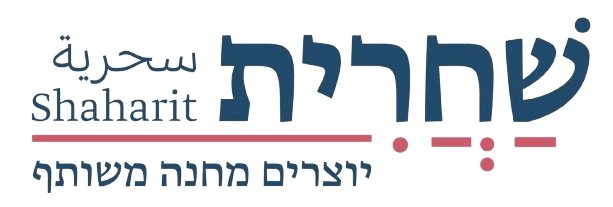“I know, the encounter with someone different from me is scary and painful, but it also spurs growth and strength.”
“My interest in having a dialogue about the settlements actually stemmed from an understanding that the attitude toward settlements has become one of the clearest indicators of the division between “right” and “left” in Israel. This is an entrenched and inflexible factional division that impedes any progress toward a politics of the common good on a broad national scale, beyond the local and specific. The question of how the conflict with the Palestinians can and should be resolved is met with no small amount of perplexity in both camps, and it is a question that, of course, calls for dialogue with the Palestinians, beyond our internal dialogue. But the division of opinions on the question of settlements is clear: it is rare to find someone on the left who has a positive view of the settlements, or someone on the right who views the settlements as a historical mistake for which we are all paying dearly.” – Dana Alexander
Within the pack of identities I carry on my back, there is also the geographical identity: I live in a settlement called Tekoa, located east of the Green Line. I have never attributed much significance to this identity – why ascribe meaning, in terms of identity, to a place of residence? In contrast to ethnic, religious, and familial identity, geographical identity is easy and simple to change (…) Therefore, when Dana Alexander, a friend and fellow Shaharit Fellow, suggested, in her words, that we “jointly write something about the occupation… develop a common language to discuss it… an Ashkenazi human rights activist from Tel Aviv and a religious Mizrahi settler from Tekoa discussing the occupation,” I felt that this was an opportunity to try to become better acquainted with these unspoken places within myself. ” – Adam Tzachi



